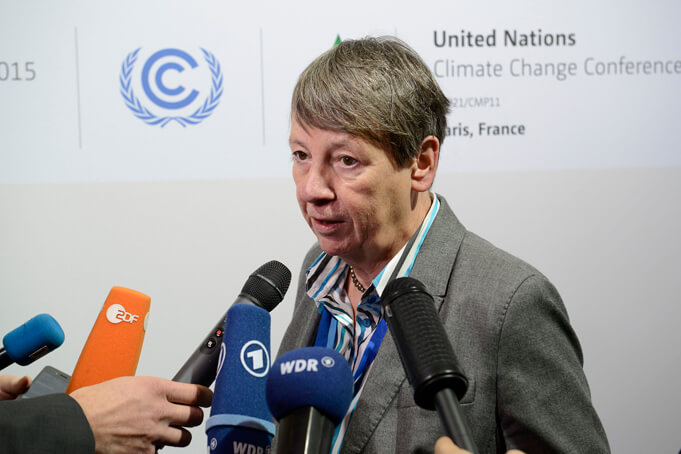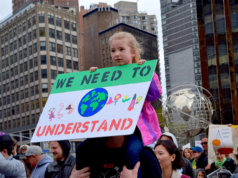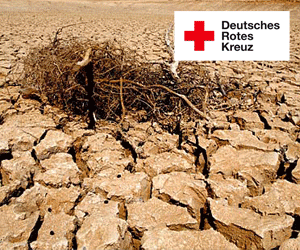
Germany has pledged support for developing countries towards combatting climate change at the Petersberg Climate Meeting in Berlin this past week.
Climate change mitigation is a collaborative effort
The environment recognizes no political borders. To work towards a more sustainable global future, in which actions to curb emissions are successful, collaboration between all countries needs to be realized.
Speaking in Berlin, India’s environmental minister says:
“Cooperation is the key for taking (climate) actions. Every country is at a different stage of development. We need cooperation. We have the will to act.”
He continues by saying, “But we do not have the wherewithal to do it, not only in terms of finances, but particularly in terms of technology. When we talk of technology, Germany is the most reliable name in many fields and therefore, there is finance, technology and mutual cooperation and walking the talk.”
Climate change impacts already felt
Due to a variety of factors—lack of infrastructure, geographic location, climate, etc.—many developing countries are feeling stronger impacts of climate change. Droughts in Africa and Asia are threatening food supplies. 2015 was the hottest year on record thus far. Scientists predict that 2016 may be even worse. Rising sea levels may force millions to seek higher ground.
“Climate change is driving millions of people from Africa’s drought-stricken regions and the coastal areas of Asia,” says Development Minister Gerd Müller. “We can only create a world without hunger and poverty if we all effectively promote climate protection.”

Furthermore, developing countries also represent some of the greatest potential to implement climate change mitigation tools and methods. Populations are rapidly increasing in some areas. As well, there is a rise in the middle class in China and India—two of the most populous countries worldwide. Implementing climate change technologies at the earlier stages of development can reduce the need for mitigation in the future.
Germany pledges support
During the recent two-day climate meeting in Berlin, Germany’s Environmental and Development Ministries announced plans for implementation of a partnership to assist poorer countries transform their national climate actions plans into distinct strategies.
The government says that these developing countries need more help to meet the climate change targets set at the Paris conference. Partnership initiatives include providing these countries with quick access to customized advice in areas such as construction of renewable energy projects, sustainable urban development and agriculture.

According to Federal Environment Minister Barbara Hendricks, ministers from 35 countries at the meeting in Berlin agreed that measures agreed upon in Paris need to be implemented rapidly.
“We want to facilitate the quick implementation and also bring the agreement to life in a legal sense,” she said.






















